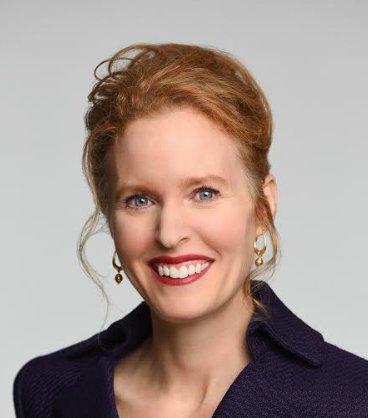
Take note, owners and operators of the nation’s 120 million residential, commercial and industrial buildings: It’s time to wake up to the impending climate crisis and to anticipate and manage climate change risk to your buildings, and their inhabitants.
Or else, you’re likely to face destructive consequences – especially if your buildings are in flood plains, exposed coastal settings are seismic zones.
Sure, it’s a common response to practically any perceived risk to delay taking precautions and actions until visible signs emerge. But those climate-related danger signals are becoming more real almost daily.
Consider recent warnings about climate change risk
A new report by U.S. national security, military and intelligence professionals warns that future climate change risk “presents high-to-catastrophic security threat.”
The World Economic Forum global risk perception report this year determined that the climate crisis dominates the top five risks for all stakeholders.
Global investment banker BlackRock’s CEO Larry Fink, in his influential annual letter to CEOs, warns that companies that don’t assess and address climate risk will not be part of the investing giant’s portfolio.
McKinsey’s recent climate risk and response report on physical hazards and socioeconomic impacts report is groundbreaking and is a must-read. The consulting firm, known for its greenhouse gas mitigation curve, now assumes that higher global temperatures are being triggered by business-as-usual greenhouse gas emissions and, for the first time, urges businesses to focus on climate adaptation.
Stakeholders in the real estate sector must look beyond their buildings
Fortunately, for business owners and operators struggling to wrap their heads around climate change risk, help is at hand: The Disaster Resilience Scorecard for Industrial and Commercial Buildings. The scorecard was developed by real estate investors, developers, architects, engineers, government professionals and community leaders increasingly concerned about the physical impact of climate change on their built assets. It seeks to motivate building owners and operators to take action to increase building resilience.
The scorecard also is intended as an analysis of overall building resilience by looking beyond issues that are in the immediate control of the building. These include transportation, water and energy infrastructure as well as local policy. And, if provides a “resilience agenda” of sorts for when building owners and operations hold discussions with city planners and investors.
The scorecard — developed by ARISE, the Private Sector Alliance for Disaster Resilient Societies that is a global network led by the U.N. Office for Disaster Risk Reduction — includes 10 “essentials.” These essentials include measures to plan for resilience, measuring future risk scenarios and effective disaster response plans.
The scorecard can be used as a tool in exploratory workshops with stakeholders including building tenants, community representatives, city planners, emergency managers and representatives of the owner or manager. As Peter Williams, the scorecard’s lead author and formerly of IBM, sees it: “With existing buildings, improving resilience may require retrofitting existing structures and processes but ‘build to last’ should be the objective.”
In sum, here’s the memo for the global real estate sector: this scorecard is an excellent vehicle for the action each of us needs to lead as we do our part to take on climate change risks.
Image credit: Andrea Piacquadio/Pexels

Joyce Coffee, LEED AP, is founder and President of Climate Resilience Consulting. She is an accomplished organizational strategist and visionary leader with over 25 years of domestic and international experience in the corporate, government and non-profit sectors implementing resilience and sustainability strategies, management systems, performance measurement, partnerships, benchmarking and reporting.














